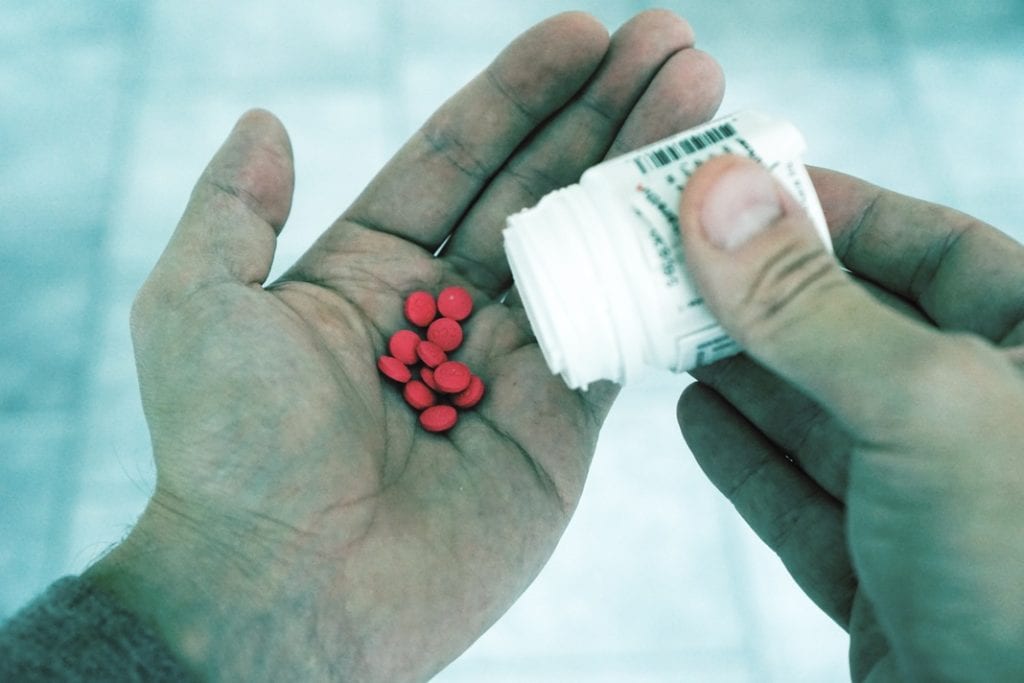I vividly remember being four years old and going to the doctor with my mother and sister for a very important event: my sister and I were getting two vaccinations. One for polio, and the other for smallpox.

My sister, who was five, was first up, and she howled even before the needle hit her arm. I, of course, began screaming in solidarity. Neither one of us escaped, though, and here we both are, polio- and smallpox-free.

My mother especially feared polio because she had several classmates who had contracted it and lived the remainder of their lives in iron lungs (machines that “breathed for the patient”). And, while the last case of smallpox occurred in Nigeria in 1979, which means it has been eradicated from the globe, I still have the scar from the vaccination on my left arm.
What made that long-ago day possible? The advent of the clinical trial, and people who volunteered to test the effect vaccinations.
Today, there are literally hundreds of clinical trials underway. In those trials you’ll find thousands of brave and selfless people.
Right now, the National Institutes of Health (NIH) is recruiting for a clinical trial to determine the which genes cause Kallmann Syndrome, a rare genetic disorder that is defined by a delay or complete absence of signs of puberty along with an absent or impaired sense of smell.
Participants may be part of history – so, if you qualify, please contact the NIH.





